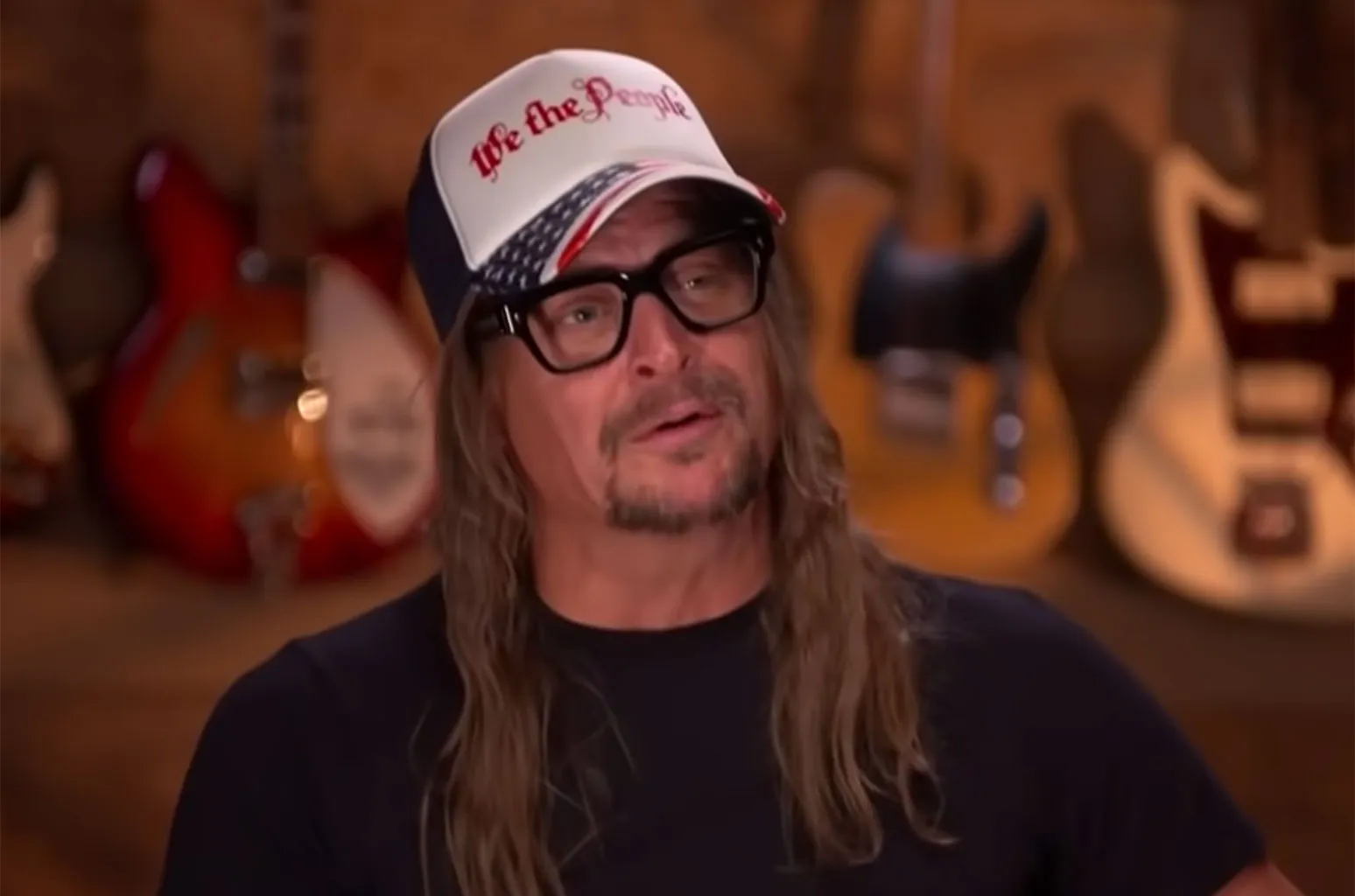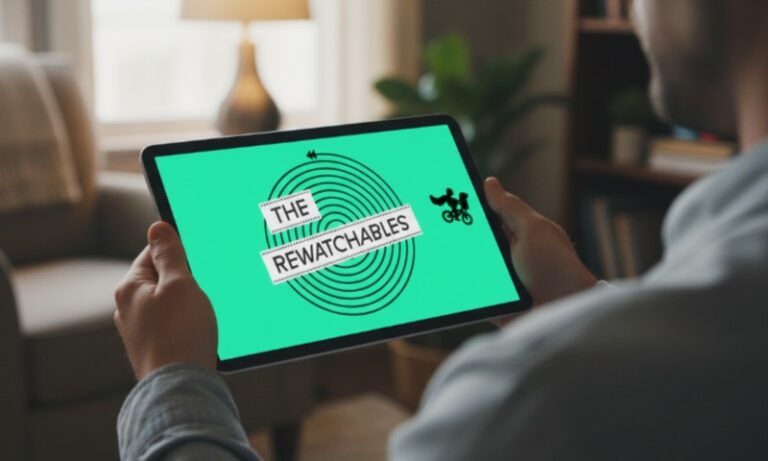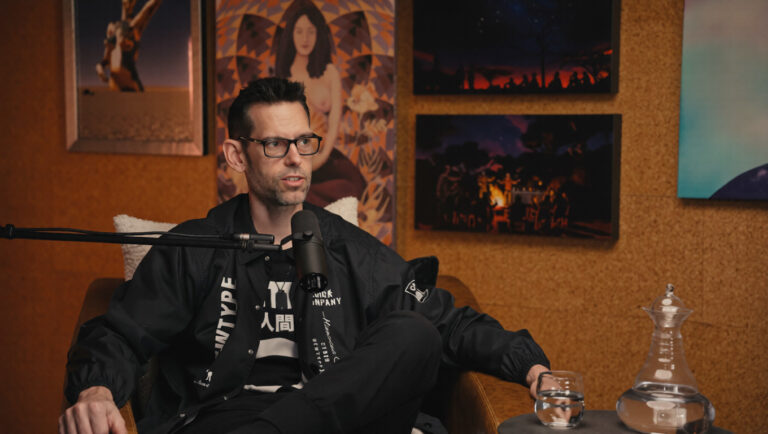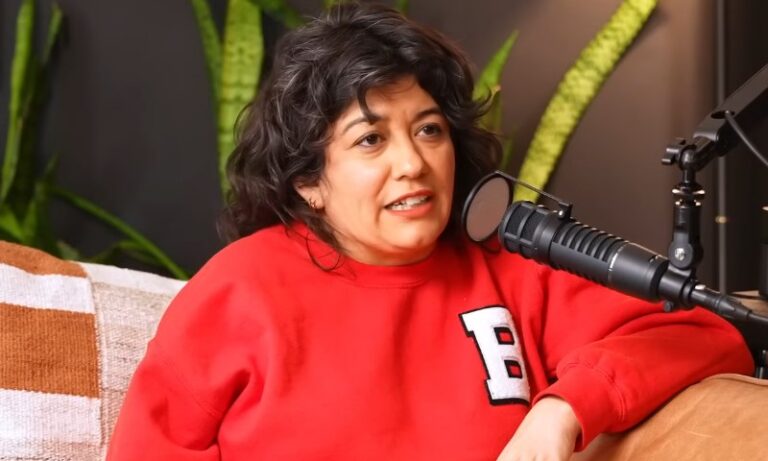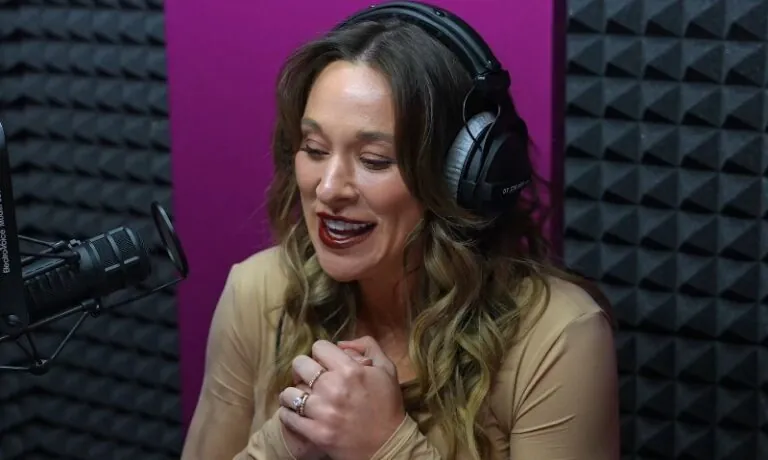When people talk about Kid Rock, the conversation rarely stays polite. He’s the kind of public figure who splits a room without saying a word. Some people see him as a defiant American icon. Others see him as a problem. Either way, Robert James Ritchie doesn’t lose sleep over it.
If anything, he leans in harder when the outrage starts.
For over two decades, Kid Rock has thrived by breaking molds, flipping off norms, and steering his career exactly where he wants it to go. In an era when cancellation attempts can tank a career overnight, he’s one of the few artists who keeps standing tall, beer in hand, grinning straight through the backlash.
And if you ask him why? He’ll tell you straight: “You can’t cancel me.”
Let’s take a closer look at why that’s not just tough talk, but a lived reality.
Table of Contents
ToggleKey Highlights
- Kid Rock’s financial independence and control over his music make him nearly impossible to cancel.
- His defiant persona and unapologetic attitude fuel his long-standing fan loyalty.
- Controversies, from politics to brand boycotts, have only strengthened his image.
- His music doubles as a platform for expressing his stance against cancel culture.
Kid Rock in His Own Lane Since Day One
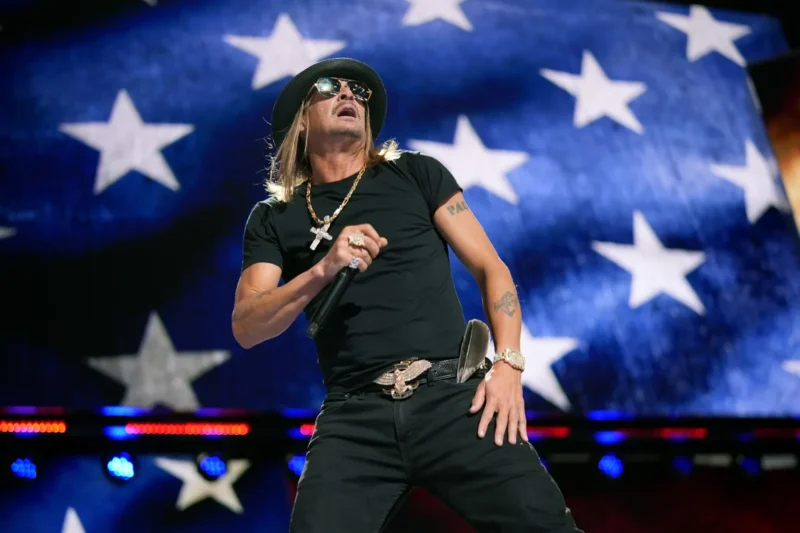
Long before anyone uttered the words “cancel culture,” Kid Rock had already made it clear he wasn’t out to please everybody.
His breakout moment came in 1998 with Devil Without a Cause, a genre-blending record that mashed up rock, rap, and country in a way that sounded like nothing else on the radio.
The album went on to sell more than 14 million copies. You’d hear “Bawitdaba” blasting from pickup trucks, house parties, and biker bars all across America.
From the start, Kid Rock’s image wasn’t polished or safe. It was middle fingers and fur coats, screaming lyrics over distorted guitars. You could call it crass, loud, even offensive, but it sold. And more importantly, it connected with a massive, loyal fan base.
That loyal audience is the cornerstone of why he doesn’t worry about getting canceled.
He’s Not Relying on Anyone to Pay the Bills
One major reason Kid Rock shrugs off cancel culture? He’s not financially tied to anyone who can pressure him to play nice.
Back in 2007, he walked away from Atlantic Records and started running his own show under Top Dog Records. That move gave him full control over what he releases, when, and how. No corporate gatekeepers. No executives worried about optics.
In his 2022 interview with Tucker Carlson, he said it plainly:
“There’s nobody I’m beholden to. No record companies, no corporate interests, no nothing.”
On top of that, Kid Rock owns one of Nashville’s most recognizable party spots: Kid Rock’s Big Ass Honky Tonk Rock N’ Roll Steakhouse. The bar pulls in heavy foot traffic from tourists and locals, especially during big events like CMA Fest or NFL weekends. It’s not just a side hustle, but a major revenue stream.
That business, combined with decades of royalties and touring income, means he’s not scrambling for sponsorships or begging for radio spins. And that independence gives him freedom that most public figures only dream about.
He’s Built a Career Around Not Caring
Kid Rock’s entire public image is rooted in not giving in. He’s said and done things that would end other careers, but instead of retreating, he doubles down.
In his words:
“I love the trolls and the haters and the critics… I’m still standing. Still operate at the highest levels.”
That quote isn’t just posturing. His Bad Reputation tour in 2022 drew up to 18,000 fans per show, including one at the North Dakota State Fair that was only cut short due to weather.
Fans didn’t trickle out quietly – they booed, chanted, and refused to leave. That’s the kind of support that’s hard to cancel.
A Night to Remember in Munich, 2008
Kid Rock’s defiance and stage presence aren’t just an American phenomenon. In 2008, he brought that same rowdy energy to Munich, Germany, performing for a packed crowd that sang along to hits like “All Summer Long” and “Cowboy.”
The show was a snapshot of his ability to connect with audiences far from his home turf. Fans waved flags, chanted his name, and turned the venue into a party that felt more like Detroit than Bavaria.
Moments like Munich prove that his live reputation didn’t just happen in a bubble. Long before cancel culture became a talking point, Kid Rock was already taking his unapologetic style worldwide, and finding people eager to join in.
His time in Munich was unforgettable, with music, nightlife, and, perhaps, the kind of lively company the city is known for, through businesses such as the one that Louisa offers.
Flashpoints That Would Have Ruined Others
Let’s look at a few major controversies that Kid Rock walked through like they were just Tuesday:
1. Donald Trump Support
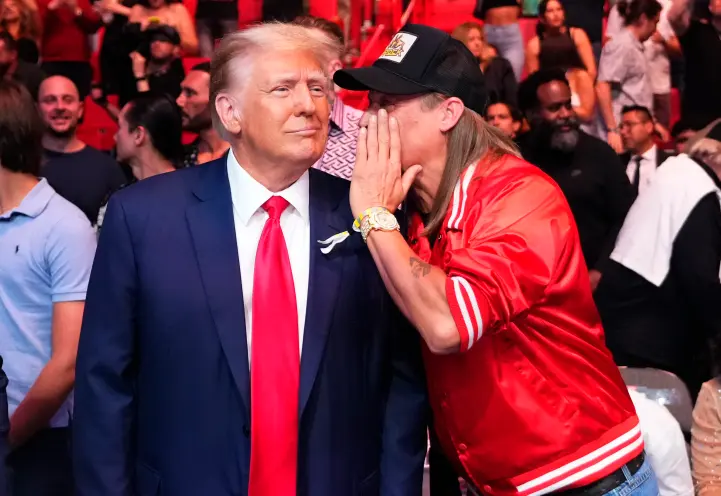
He’s been openly pro-Trump for years. From rocking a MAGA hat at rallies to performing at the 2017 inauguration, he’s never shied away from taking that political stance.
In a 2024 chat on Carlson’s YouTube channel, he said:
“I just care about this country too much.”
A lot of artists who went public with that level of support for Trump saw major backlash. Kid Rock? He sold more tickets and kept his bar packed.
2. Bud Light Blow-Up
In April 2023, after Bud Light partnered with transgender influencer Dylan Mulvaney, Kid Rock filmed himself shooting up cans of the beer with a machine gun. The video went viral instantly.
Critics called it childish. Supporters called it brave. But again, the real impact? Minimal.
Yes, the video caught fire online. But reports later surfaced that his bar in Nashville kept selling Bud Light anyway. His point was made. His business stayed open. His fans didn’t bail.
3. COVID-19 Concert Controversies
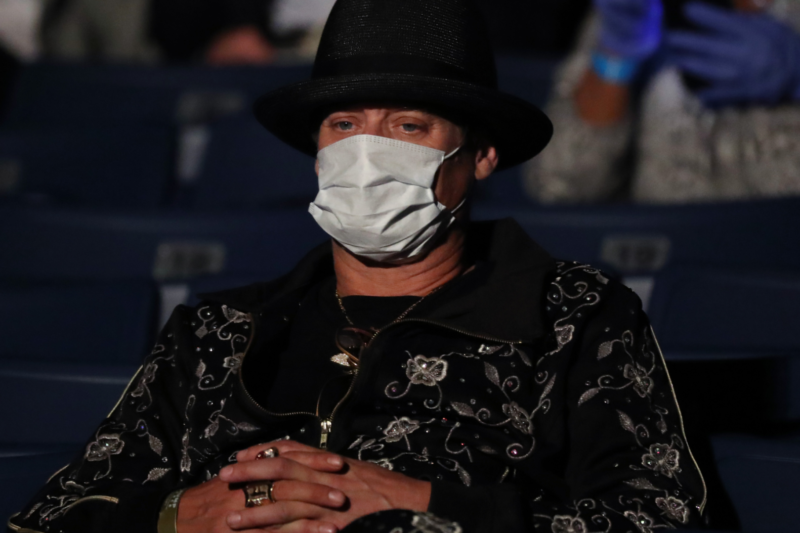
During the pandemic, Kid Rock refused to play venues that required masks or proof of vaccination. He canceled multiple shows because of it and made his stance crystal clear.
“I will not play for any venue that requires vaccines or masks.”
Instead of trying to appeal to both sides, he just stuck to his plan and played in states where the rules matched his views. The result? Packed venues and roaring crowds.
4. Slurs and Language
In July 2021, Kid Rock was caught using a homophobic slur during a performance. Calls to cancel him swirled across social media. He didn’t apologize. Instead, he fired back in typical Kid Rock fashion: loud, brash, and unfiltered.
Where many artists would scramble to do damage control, he stayed on course. No major endorsements dropped him, and his career didn’t slow.
His Music Doubles as a Middle Finger
It’s not just interviews or stunts that fuel Kid Rock’s reputation, as his music is part of the machine.
Take the 2022 track “Don’t Tell Me How to Live.” It’s practically a musical mission statement for his refusal to bend. The lyrics rip into “snowflakes,” mock cancel culture, and stake out his position as someone who won’t change just to fit in.
Other songs on Bad Reputation follow a similar tone. He’s not trying to reinvent himself. He’s not courting critics. He’s feeding the audience that’s been with him since day one.
In a landscape where some artists try to chase approval, Kid Rock’s whole catalog is one long “take it or leave it.”
Why His Fans Stick Around
Kid Rock’s defiance might be off-putting to some, but to his core audience, it’s exactly the point.
They aren’t looking for political correctness. They’re looking for someone who speaks his mind, however raw that may be. His concerts aren’t polished showcases – they’re rowdy, loud, and proudly unapologetic.
And whether he’s singing about freedom, partying, or sticking it to the media, it’s always laced with that “us versus them” energy his base thrives on.
What It All Means for Cancel Culture
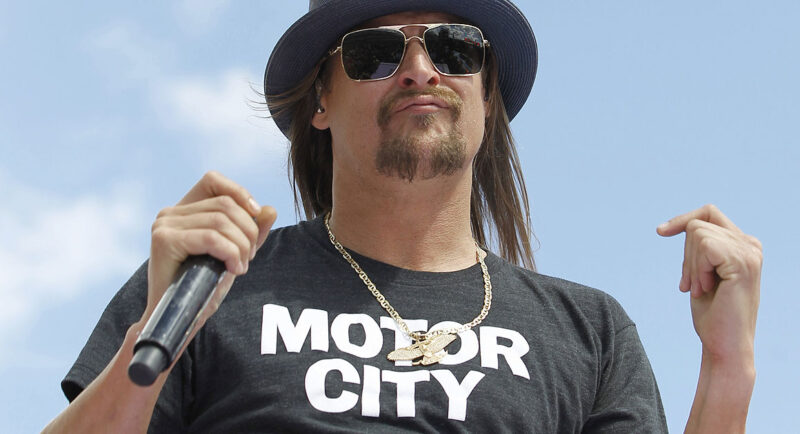
Kid Rock doesn’t just survive cancel culture – he practically uses it as fuel.
That doesn’t mean he’s above criticism. He knows what people say. He just doesn’t care. And in a way, that’s what makes him difficult to silence.
He doesn’t rely on approval from elite gatekeepers. He built his fan base outside the system, stayed independent, and monetized his brand through things he can fully control.
That formula isn’t available to every artist. But it does show something important: cancel culture has limits.
When a public figure has financial freedom, a direct audience, and a willingness to stick to their message, cancellation attempts lose a lot of bite.
Final Thoughts
Kid Rock isn’t playing a part. He’s not making strategic pivots to avoid backlash or soften his image. He is who he’s always been: a brash, self-made artist with zero interest in toeing the line.
Whether you admire him or can’t stand him, one thing is clear: he’s not going anywhere.
The louder the critics get, the louder his music gets. And when the cancellation hashtags start flying, he just pours another drink, writes another verse, and books another show.


